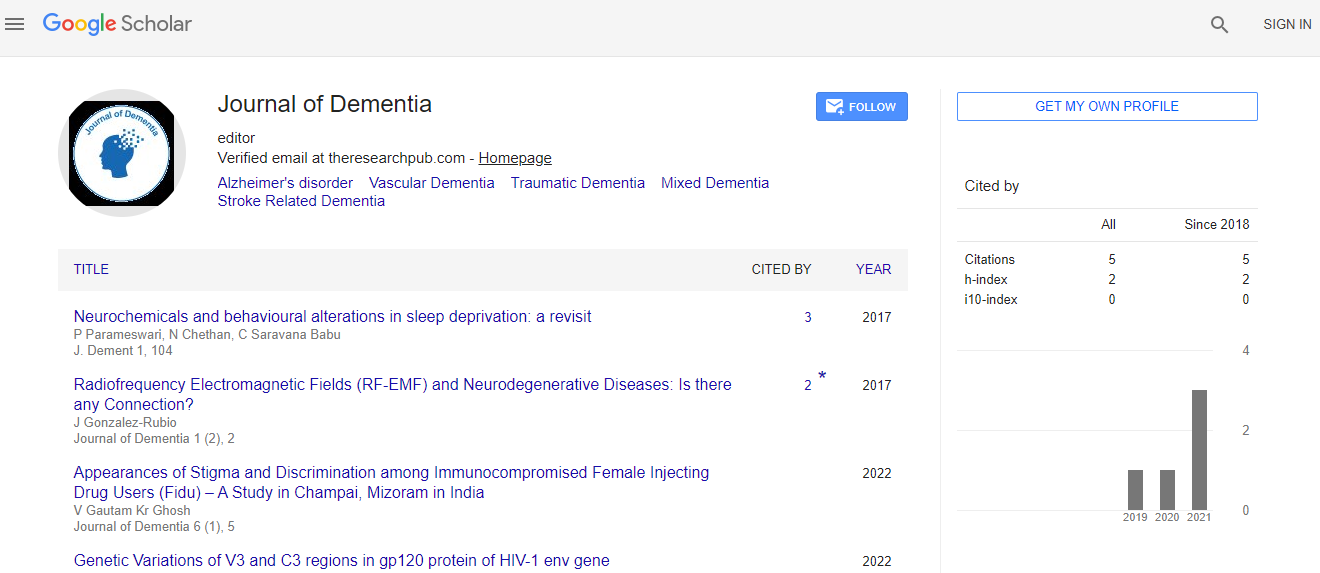The association between obstructive sleep apnea severity and cognition in older people
*Corresponding Author:
Copyright: © 2020 . This is an open-access article distributed under the terms of the Creative Commons Attribution License, which permits unrestricted use, distribution, and reproduction in any medium, provided the original author and source are credited.
Abstract
Relationship between obstructive sleep apnea syndrome (OSAS) and dementia has been investigated in recent years. However, the effects of hypoxia during sleep timeon dementia remain unclear. The objective of this study is to associate the score of mini-mental state examination (MMSE) with OSAS. In this study, 67 patients whom were more than 50 years old and have been done for MMSE test and diagnosed with OSAS in sleep center in Taipei from 2015 to 2018. Four levels of OSAS severity were classified by the apnea and hypopnea index (AHI), according to the American Academy of Sleep Medicine (AASM) guideline. Subjects with MMSE scores above 25 and below 25 were served respectively as case group and control group. Logistic regression analyses were used to examine the associations. The average AHI were 28.48 times per hour for case group and 17.93 times per hour for control group. The AHI had a 1.03 fold higher odds ratio (95% CI = 0.99 ~ 1.07, p = 0.06) for lower score group compared with higher score group. The mean sleep efficiency were 57.8% in lower score group, while higher score group had an average sleep efficiency of 70.3%. Furthermore, sleep efficiency, total sleep time, the ratio of wake to total time in bed as well as the ratio of wake to sleep period time in case group were significant lower than the control group. We observe the associations between MMSE score and some parameters of polysomnography. The subjects with high severity OSAS, insufficient sleep efficacy, longer awake duration and shorter sleep duration could lead to cognitive impairment.

 Spanish
Spanish  Chinese
Chinese  Russian
Russian  German
German  French
French  Japanese
Japanese  Portuguese
Portuguese  Hindi
Hindi 